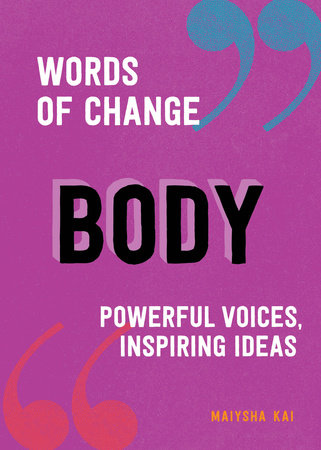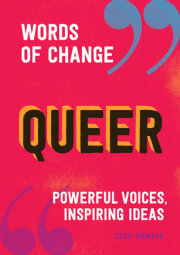From the introduction:
What is the story you tell about your body?
Is it a romance, or a sprawling, multigenerational history? A revealing memoir, or a mystery? Do you consider it a divine comedy, or a tragedy of epic proportions? The stories we tell about our bodies: how they look, the purposes they serve, and how we should feel about them, are…complicated. And if we’re honest, more often than not, we cast our bodies as the nemeses in our tales, rather than the trusty sidekicks.
Our stories begin with our bodies. We base our plotlines—and our judgements—on the whims of the genetic lottery that determined our biological gender characteristics, skin color, size, shape, facial features, physical abilities, and even hair texture. Whether we love them, tolerate them, celebrate them, fear them, or loathe them, our relationship with our bodies is the most enduring and intense of our lives. A relationship that is more intimate than our bonds with closest family, friends, and partners. Most of us wouldn’t willingly spend time with a nemesis. We certainly wouldn’t want to be tethered to them for a lifetime.
Intellectually, we know we are more than the sum of our parts. Emotionally, we are not so sure. How can we be, when daily, we are bombarded with images and messages dictating how we should look, what we should buy, and how we should live? The assumed preference for slim, symmetrical, cis-gendered, non-disabled, shapely, toned and predominantly white young bodies is both inescapable and an ever-moving goalpost—by design. Yes, the bulk of the messaging is driven by advertisers’ and retailers’ profit motives. But even our friends and family, vulnerable to these same messages, may add their voices to the chorus, not-so-subtly reinforcing the idea that these attributes are aspirational, if not ideal.
What story would you tell about your body if no one was telling you otherwise?
Copyright © 2022 by Kai, Maiysha. All rights reserved. No part of this excerpt may be reproduced or reprinted without permission in writing from the publisher.




















